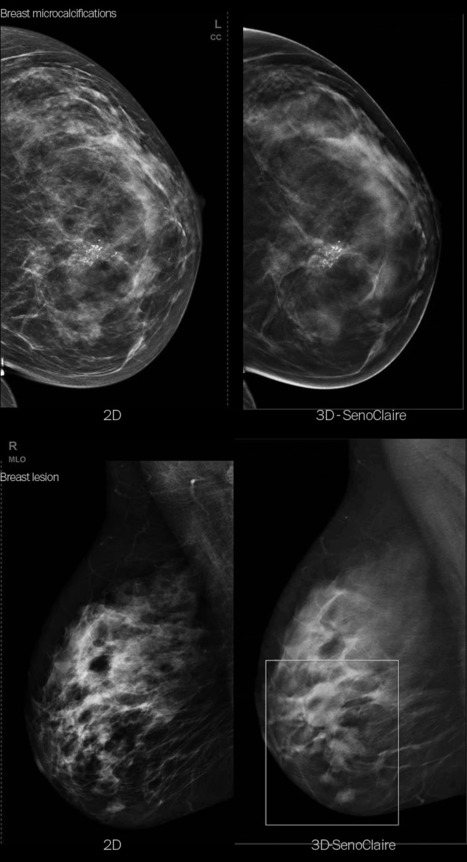Roughly 600,000 people in the U.S. are diagnosed with Parkinson’s every year, contributing to the more than 10 million people worldwide already living with the neurodegenerative disease. Early detection can result in significantly better treatment outcomes, but it’s notoriously difficult to test for Parkinson’s.
Tencent and health care firm Medopad have committed to trialing systems that tap artificial intelligence (AI) to improve diagnostic accuracy. They announced a collaboration with the Parkinson’s Center of Excellence at King’s College Hospital in London to develop software that can detect signs of Parkinson’s within minutes. (Currently, motor function assessments take about half an hour.)
This technology can help promote early diagnosis of Parkinson’s disease, screening, and daily evaluations of key functions.
Medopad’s tech, which uses a smartphone camera to monitor patients’ fine motor movements, is one of several apps and wearables the seven-year-old U.K. startup is actively developing.
It instructs patients to open and close a fist while it measures the amplitude and frequency of their finger movements, which the app converts into a graph for clinicians. The goal is to eventually, with the help of AI, teach the system to calculate a symptom severity score automatically.
Tencent and Medopad are far from the only firms applying AI to health care. Just last week, Google subsidiary DeepMind announced that it would use mammograms from Jikei University Hospital in Tokyo, Japan to refine its AI breast cancer detection algorithms. And last month Nvidia unveiled an AI system that generates synthetic scans of brain cancer
read the original story at https://venturebeat.com/2018/10/08/tencent-partners-with-medopad-to-improve-parkinsons-disease-treatment-with-ai/



 Your new post is loading...
Your new post is loading...









Healthcare data is increasingly being analyzed and complex algorithms created to help various aspects of the healthcare ecosystem.
A big problem is the availability of huge data sets, and where available, the prevention of their misuse. Its promising that Tencent has already been working on computer vision software that can diagnose skin cancer from pictures taken with a phone, and its AIMIS system already has the capability to detect esophageal cancer, lung sarcoidosis, and diabetic retinopathy from medical images
I have written previously on this, and it will be useful for patients and if the data sets do help create both faster as well as more accurate detection algorithms in the future.